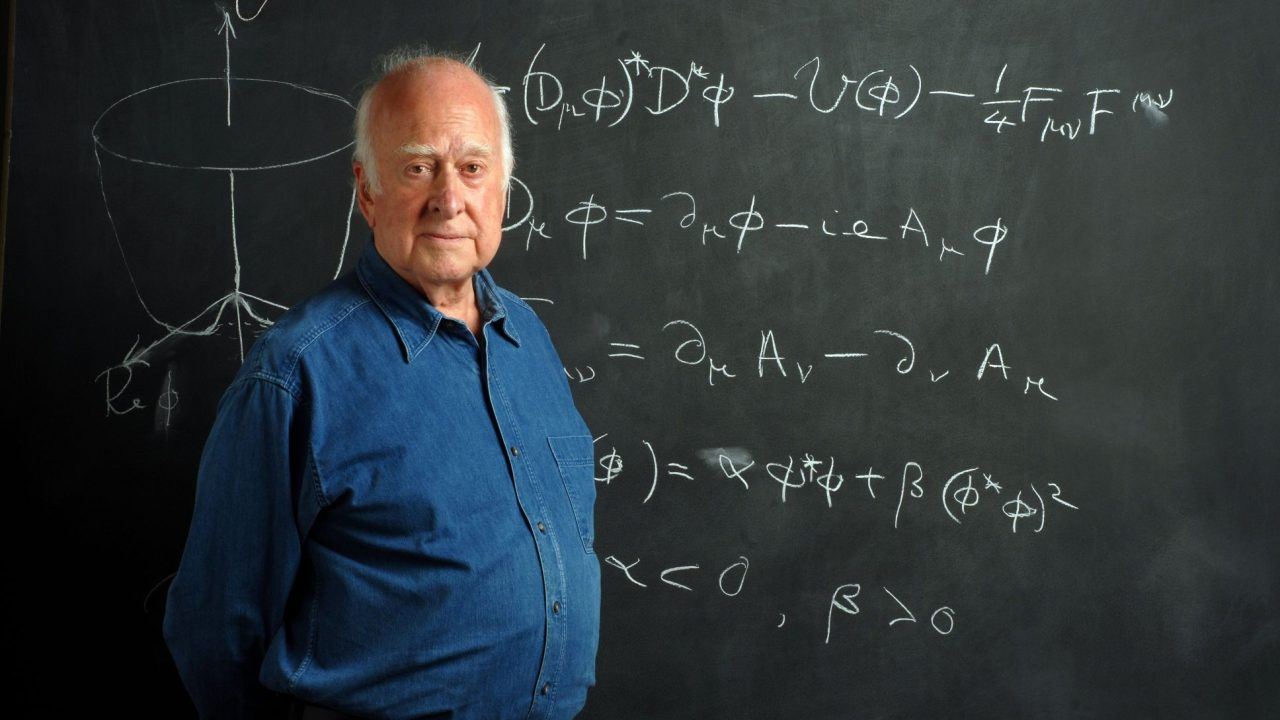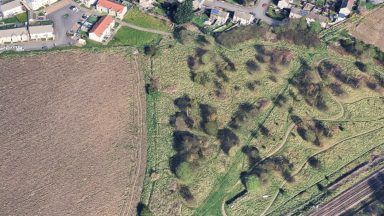The late Professor Peter Higgs has gifted his Nobel Prize medal to the university where he proposed a ground-breaking idea that would change scientists’ understanding of the universe.
Prof Higgs was a researcher at the University of Edinburgh in 1964 when he predicted the existence of a new particle, also dubbed the “God particle”, which is now seen as fundamental to the creation of the universe.
The existence of the particle – known as the Higgs boson – would not be confirmed for almost half a century, with experiments at the Large Hadron Collider at Cern, the European Organisation for Nuclear Research, finally confirming his theory in 2012.
He was jointly awarded the Nobel Prize in Physics for this work, along with Francois Englert, in 2013.
The University of Edinburgh has now announced that Prof Higgs left the medal to the institution in his will, following his death aged 94 in April last year.
Professor Sir Peter Mathieson, principal and vice-chancellor of the university, said: “This generous gift will ensure that Peter Higgs’s extraordinary contributions to science will continue to inspire generations of students and researchers.
“We are profoundly honoured to have been entrusted with his Nobel Prize medal, an object of immense historical significance and a lasting emblem of his legacy.”
The medal will be preserved by the University’s Centre for Research Collections and will be displayed at events and exhibitions, including the upcoming Higgs Lecture in 2026.
Prof Higgs was born in Newcastle upon Tyne in 1929.
He joined the staff of the University of Edinburgh in 1960, when he took up a lectureship at the Tait Institute of Mathematical Physics and became personal chair of theoretical physics in 1980.
His ground-breaking proposal in the 1960s was that particles acquire mass by interacting with an all-pervading field spread throughout the universe. The more they interact, the more massive and heavy they become.
He retired in 1996, becoming professor emeritus.
The University of Edinburgh created the Higgs Centre for Theoretical Physics in 2012 to recognise his achievements and create opportunities for students and researchers from around the world to formulate new theoretical concepts.
Professor Neil Turok, Higgs chair of theoretical physics at the university, said: “The prediction of the Higgs boson was a theoretical breakthrough, fundamental to our understanding of the laws of physics.
“It is fitting that Peter Higgs’s Nobel Prize medal is now preserved at Edinburgh, forming a lasting part of the university’s scientific heritage.
“Through our Higgs Centre for Theoretical Physics, his seminal discovery continues to serve as a springboard for those seeking answers to some of the deepest mysteries of our universe.”
Follow STV News on WhatsApp
Scan the QR code on your mobile device for all the latest news from around the country


 PA Media
PA Media






















